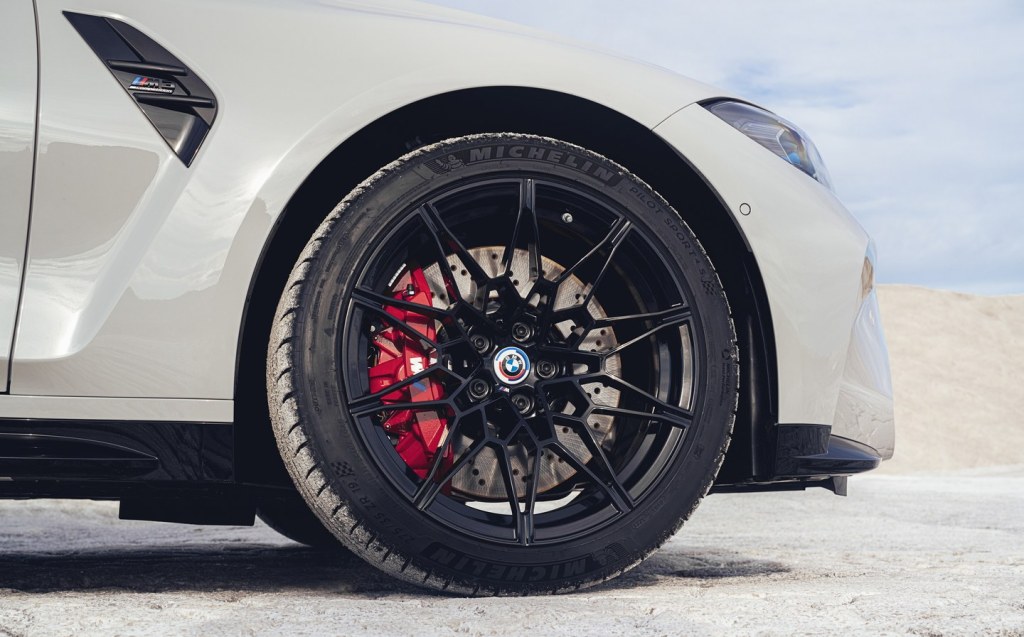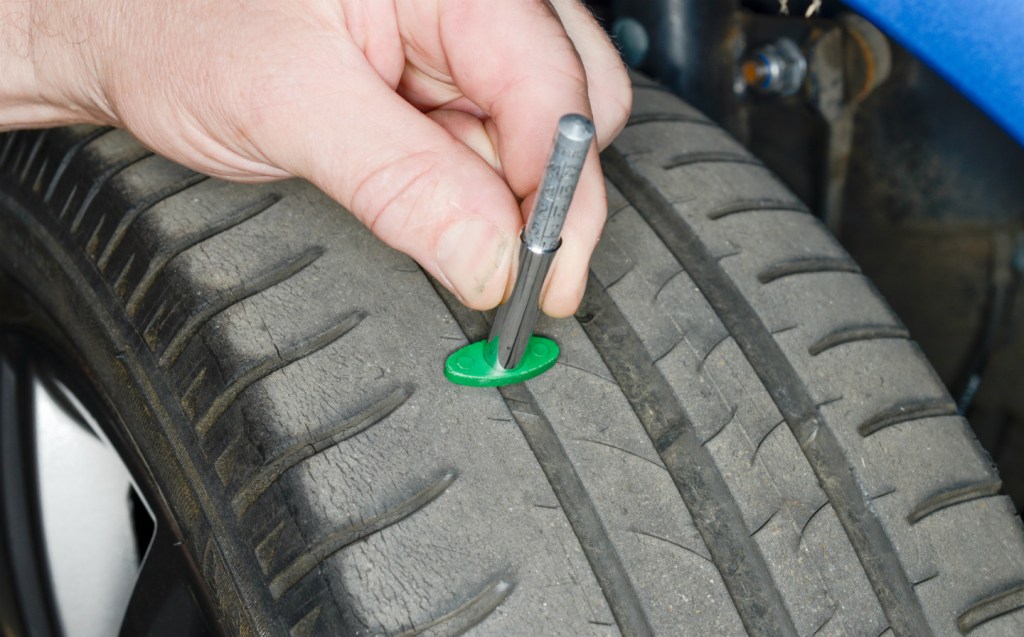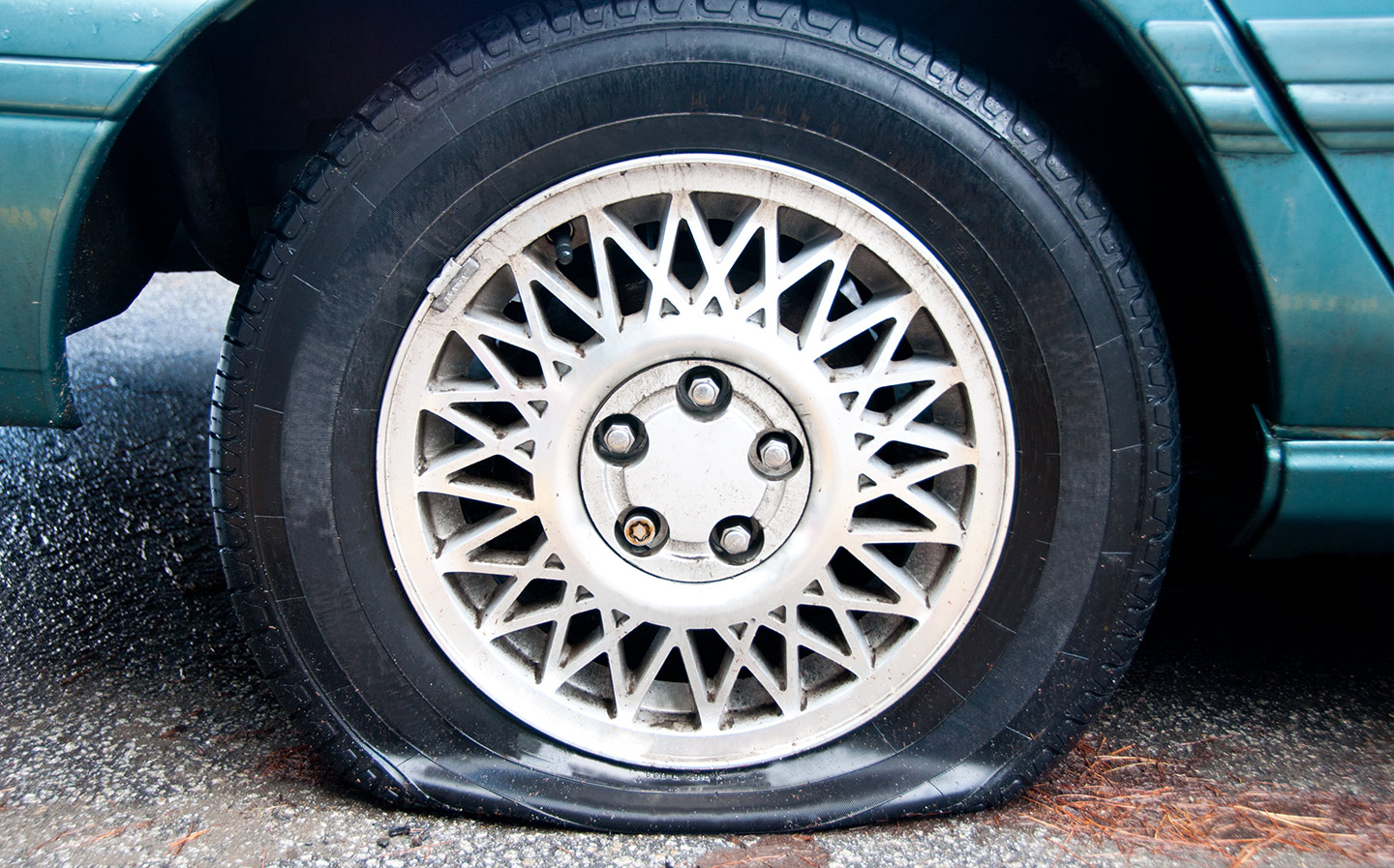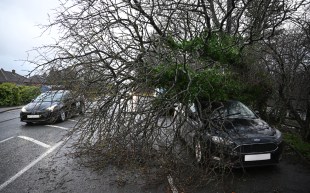What is tyre insurance and do I need it?
Peace of mind or just another expense?
Tyre insurance is an increasingly common offering from car dealerships alongside a plethora of other policies such as scratch and dent protection, and key insurance.
As the name suggests, it’s a policy aimed at easing the financial burden of unexpected damage to your tyres, whether that’s accidental or malicious, though it generally doesn’t cover basic wear and tear.
Whether tyre insurance is actually worth the money or not depends on a wide range of factors inlcuding the type of car you own, the type of tyres you run, how much weekly driving you do and the condition of the roads you regularly cover.
Another question that may determine whether you decide to opt for tyre insurance is whether your car is on a lease or PCP deal or whether the car is something you’ve bought outright.
Why do people insure their tyres?
Depending on the type of car you drive, replacing a tyre following a blow-out or damage incurred when hitting an unseen pothole can potentially be an expensive endeavour.
If, for example, you drive a sporty car with wide, low-profile tyres or an SUV on larger, thicker rubber, replacing one or more tyres following an unforeseen event is going to be a lot more expensive than with a smaller car on less expensive tyres.
It’s going to be a lot costlier to replace the tyres on, say, a BMW M3, Porsche 911 or Range Rover than it is on a Vauxhall Corsa or Ford Fiesta. Tyre insurance helps to alleviate that burden.

Another reason people choose tyre insurance is to avoid having to claim on their regular car insurance.
Most car insurance policies have an excess — an amount the policy holder must themselves pay in the event of a claim — of around £250. Claiming for a damaged tyre on tyre insurance is a lot more cost-effective than having to fork out the full excess to use your regular insurance policy and it won’t affect your no-claims bonus.
Excesses on tyre insurance policies are seldom more than around £25.
What does a tyre insurance policy cover?
A tyre insurance policy will typically cover replacement or repairs to a tyre following an accident (e.g. kerbing or a sudden blow-out) or malicious damage (having your tyre slashed, for example).
What tyre insurance does not cover, however, is general wear and tear, as tyres are regarded as consumable items that need to be replaced after a certain period of use anyway.
Bear in mind that in a lot of cases, if your tyre is old and badly worn (i.e. close to the legal minimum tread depth of 1.6mm), an insurance company is unlikely to pay out the full cost of a brand-new tyre and may indeed refuse to insure tyres with less than 2mm of tread.

Most policies have a claim limit of between £150 and £300 per incident and may cover anything between four to eight incidents over the duration of the policy.
Does tyre insurance cover run-flat tyres?
Not all policies will cover run-flat tyres such as those found as standard on most BMW and Mini models. What might be a repair job on a regular tyre could, because of its construction, be a full replacement with a run-flat, and, as such, they’re more expensive for insurers to cover.
If your car has run-flat tyres, check whether your prospective tyre insurance policy will actually cover damage; some will, some won’t, but other dealers and companies do offer specific run-flat insurance, so there’s definitely cover out there if you’re concerned.
How much is tyre insurance?
This is something that varies greatly depending on the type of vehicle you own and the tyres you use. Large or low-profile tyres will be more expensive to insure, whereas for smaller, standard tyres, cover can start from around £10 per corner.
Do I really need tyre insurance?
That all depends on your individual circumstances, so let’s take a look at some of the things to think about before you consider taking out tyre insurance.
Six things to consider when looking for tyre insurance
1. What type of tyres do you have?
If your car has chunky SUV tyres, run-flats, or sporty low-profile rubber, they’re going to be more expensive to replace after an incident, so tyre insurance may alleviate some of that financial burden.
2. On what kind of roads do you drive?
If you regularly drive on badly potholed roads, you’re more likely to suffer punctures or tyre damage, so tyre insurance could be a good option.
3. What kind of mileage do you do?
Drivers who cover more miles every week are more likely to suffer from sudden unexpected tyre damage and punctures than those who don’t venture as far.
4. How’s your driving?
Some drivers are more prone to kerbing their wheels than others, and tight turns in multi-storey car parks can be a killer. Sound like you? Maybe think about tyre insurance.
5. Is your car on a lease or PCP deal?
Returning a car with a damaged tyre when your lease or PCP deal ends is a big no-no and will likely incur penalty fees for repairs. Taking out tyre insurance could help give you some extra peace of mind in that situation.
6. Do I really, actually, need tyre insurance?
Do you drive a large SUV, sports car or executive saloon? If the answer is no, that means your tyres are typically going to be cheaper to replace. Do you cover a relatively small number of miles over generally decent roads? Well then, taking into account the cost of replacing a punctured tyre and judging how likely you think you are to suffer more than one damaged tyre over the lifetime of the policy, it’s entirely possible that the expense of tyre insurance may not be a necessity and it’s something with which you happily can do without.
Where can you buy tyre insurance?
There are a number of reputable tyre insurers for UK drivers, such as MotorEasy, KwikFit and ALA.
N.b. We may receive a small commission fee if you click on a link to an external website and purchase a product as a result, but these links are designed to make your life easier and it does not affect our editorial independence.
Related articles
- After reading our guide to tyre insurance, you might also like our guide on the drink drive limits in the UK
- Find out everything you need to know about driving in Europe after Brexit
- Can you park on single or double yellow lines?
Latest articles
- Omoda 5 prototype review: Bargain family SUV is solid first effort for new Chinese brand
- Dacia Duster 2024 review: Rugged, affordable SUV modernised with electrification and quite the glow up
- Audi A3 Sportback 2024 review: Softly, softly, catchy premium hatchback buyer
- New electric-only Mini Aceman fills gap between Mini Cooper hatch and Countryman SUV
- Tesla driver arrested on homicide charges after killing motorcyclist while using Autopilot
- Porsche Macan 2024 review: Sporty compact SUV goes electric, but is it still the class leader for handling?
- F1 2024 calendar and race reports: What time the next grand prix starts and what happened in the previous rounds
- Aston Martin DBX SUV gets the interior — and touchscreen — it always deserved
- Nissan unveils bold look for updated Qashqai, still made in UK














